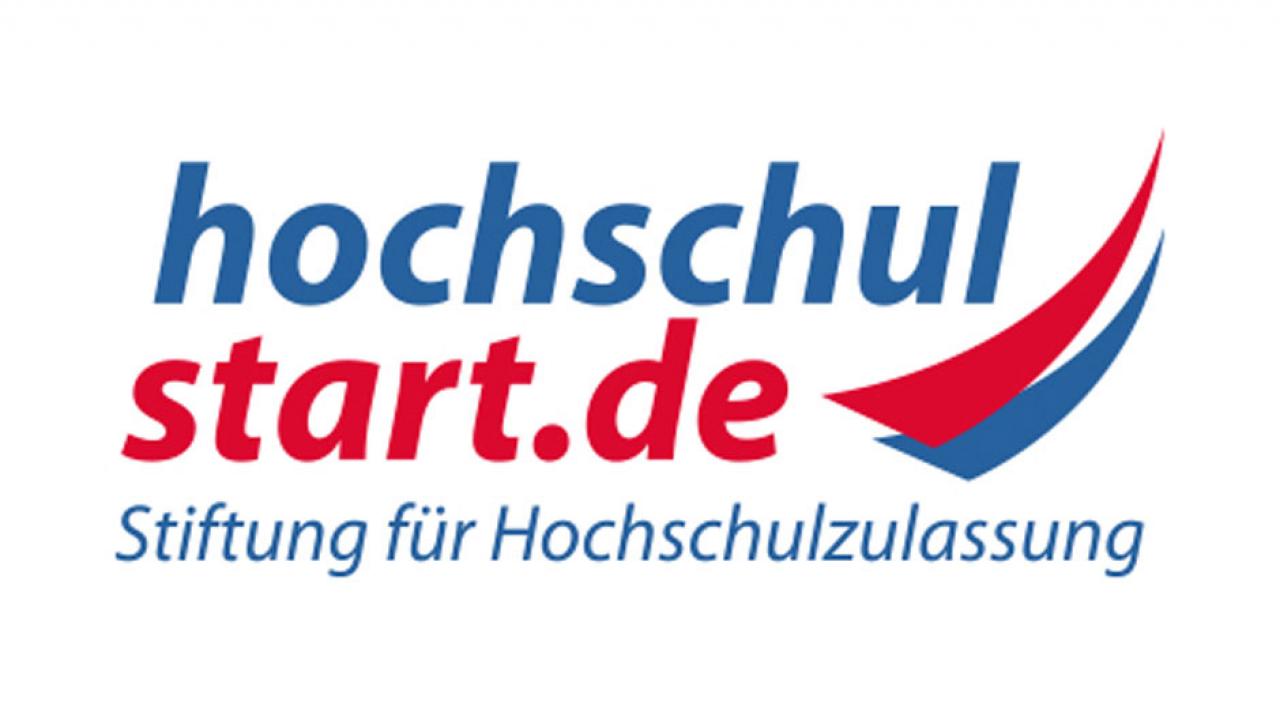Aptitude Test
If you have a basic vocational qualification without advanced training, you may be able to take an aptitude test. After passing the aptitude test and participating in a course-related consultation, you can apply for degree courses that are related to the subjects in which you are qualified (see below).
Requirements for the aptitude test:
- successfully completed vocational training, at least two years in duration
- in general, three years of work experience in the field
Contents / level of the aptitude test
The aptitude test takes place once per year at the University of Constance and comprises the following parts:
- German examination (essay)
- English examination (text comprehension and text production in the English language); you may be able to be exempted from this part if you can provide documentary evidence that you have achieved level B2 in English in the Common European Framework of Reference for Languages.
- An examination in the subject of the intended degree course
- Oral examination on general knowledge of cultural, political, social and economic topics.
Taking the test costs 80 euros.
The test is intended for people who do not wish to acquire their university entrance qualifications at school. You can still pass if you obtain your knowledge elsewhere. You can find out if you do not possess certain important qualifications, from the University of Constance.
Experience has shown that most candidates pass the test. However, only a few candidates achieve either very good or very poor results.
Subject-related requirements
You fulfil the subject-related requirements if the contents of your advanced vocational training essentially match the subjects studied in the intended degree course.
Examples:
- Automotive mechatronics engineer – Automotive Engineering: the subjects match.
- Doctor’s assistant – Social Work: the subjects do not match.
Course-related consultation
The course-related consultation is intended to show you what to expect in the degree course, which requirements you should fulfil (e.g. knowledge of mathematics, physics, etc.), and what options you have to prepare for the course. You can also ask your own questions.
The consultation will not be evaluated in any way and does not influence your future possible admission to the degree course.
Deadlines and application procedures
Please fill in the application and submit it to us before 1st March.
We will process your application and pass it on to the relevant degree course director to organise a course-related consultation. As soon as we receive documentary evidence of the consultation from the degree course director, you will receive a notification of admission to the aptitude test and we will enrol you for the test in Constance.
We receive the certification for the aptitude test directly from the University of Constance. If you successfully passed the test, we will send you a certificate of university entrance qualification.
With this certificate you can apply for a degree course.
By the way: If you apply to another university for the same or a similar degree course, other universities in Baden-Wuerttemberg will also accept the certificate of university entrance qualification issued by us.

